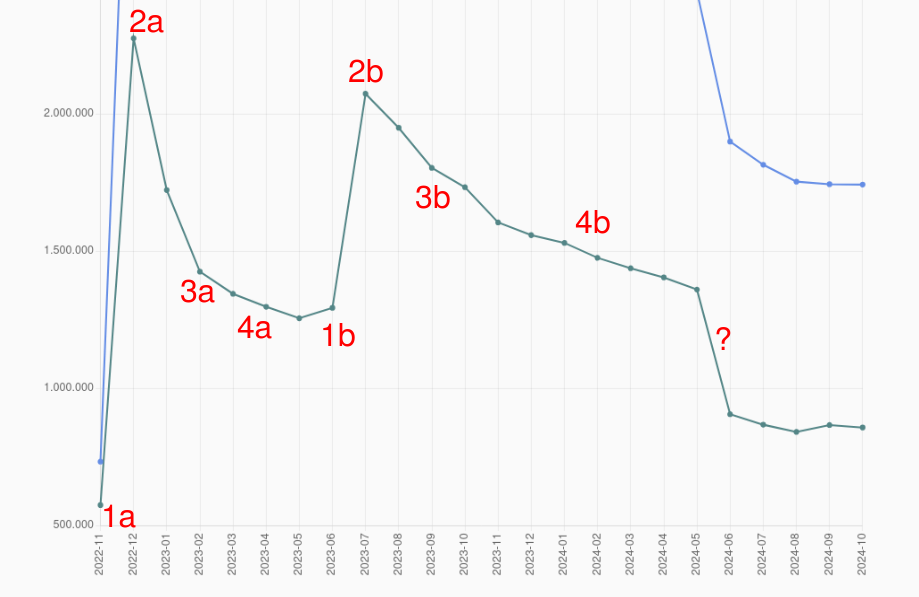

I’m probably creating a group to deface the largest government/country flag on the canvas, regardless of: which government it’s associated with, screechers trying to boss us* against it, “ackshyually you all* should stop and define whut is a cuntry flag” sea lions, liars claiming that this is harassment or prejudice, muppets saying that I’m “welcome” to contribute to their used toilet paper on a pole “monument”, so goes on.
Additionally, I’ll use an alt account to draw some stuff that I can’t disclose here, because I kind of predict that pissed nationalists will ruin it as some petty revenge. It has zero to do with countries.
*“we” = anyone who joins the group. Potentially just me.
EDIT: ah, I’ll also be helping out with some drawings here and there, like I did last time.



Urban Dictionary never ceases to amuse me!
This reminds me 4chan /int/'s weird synonyms for country, from analysing the word as “cunt tree”. Stuff like “vagina bush” and similar. Oddly enough everyone understood it, even when translated.